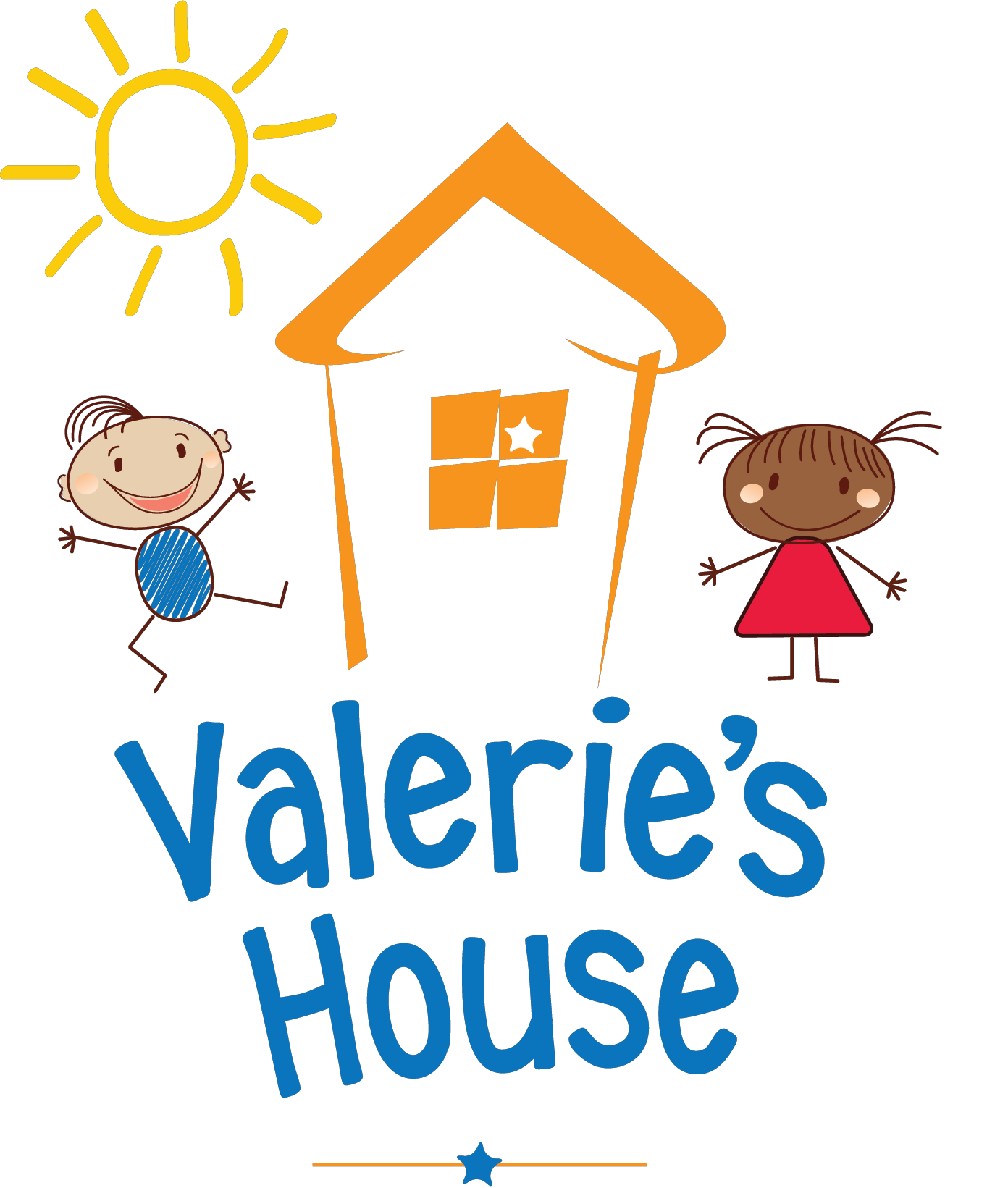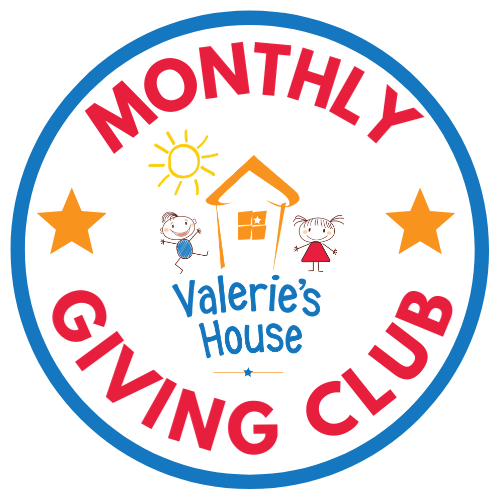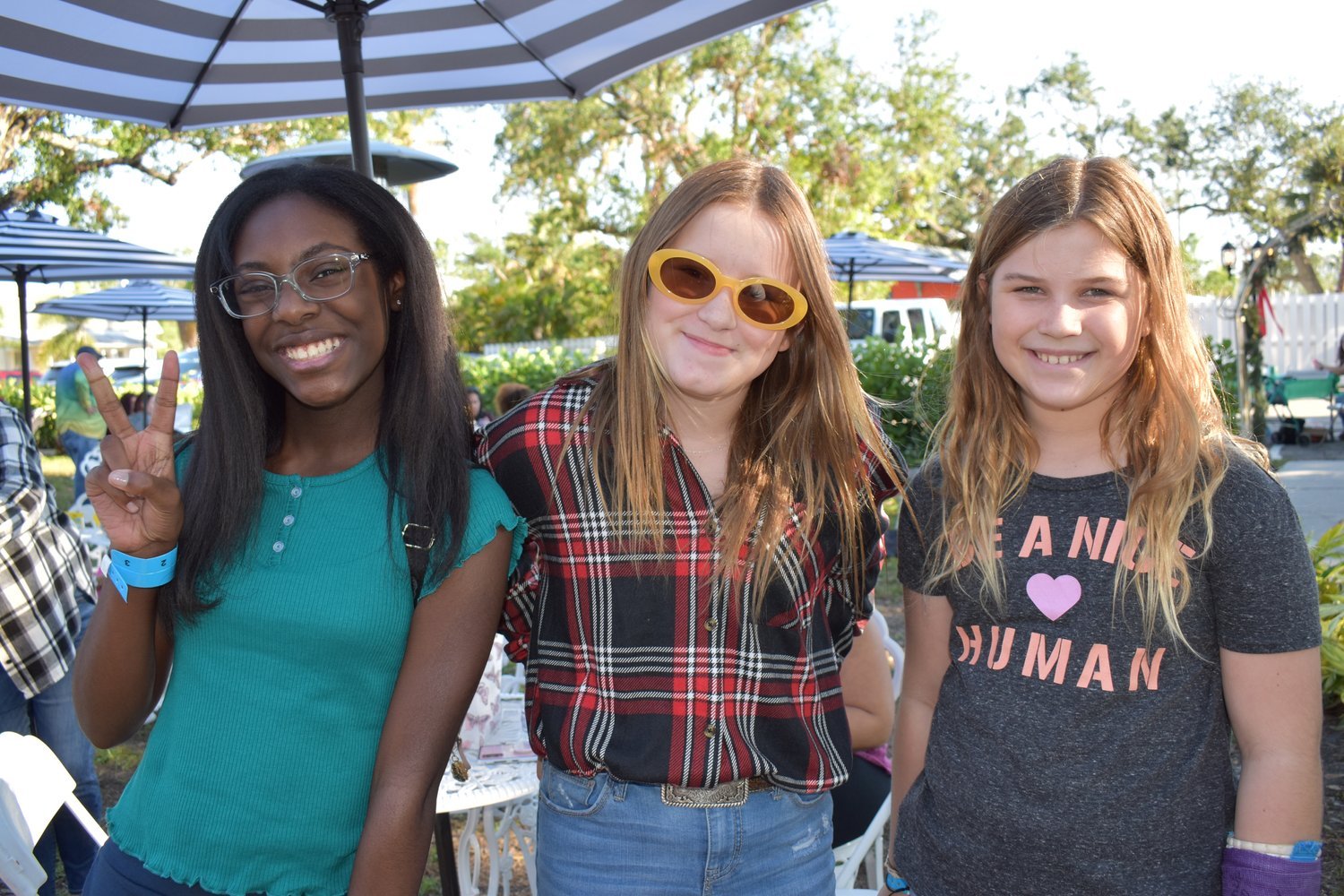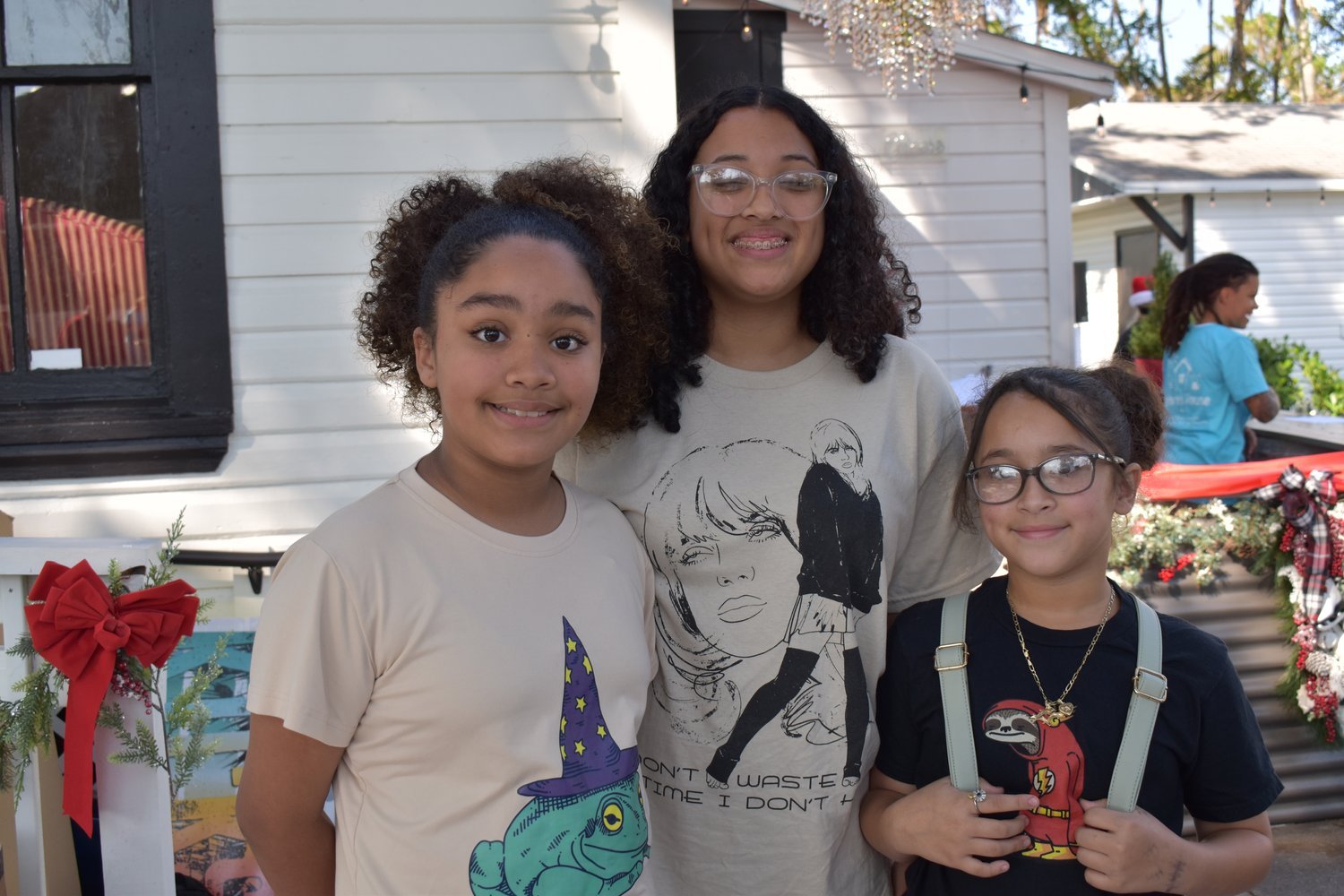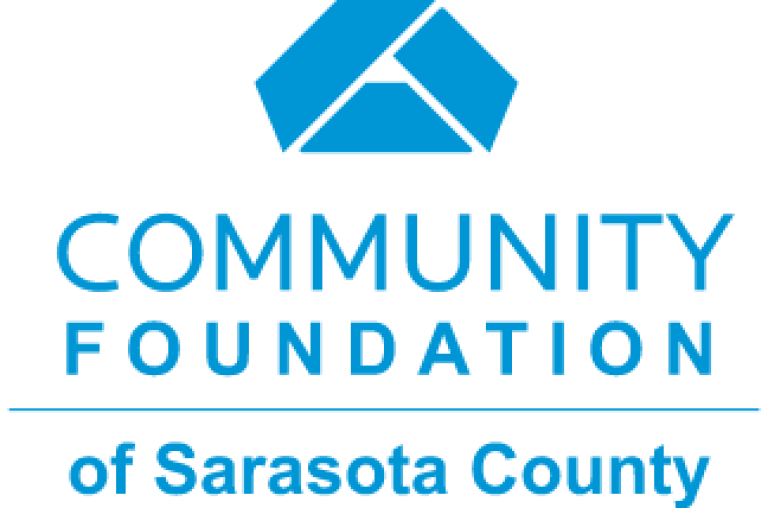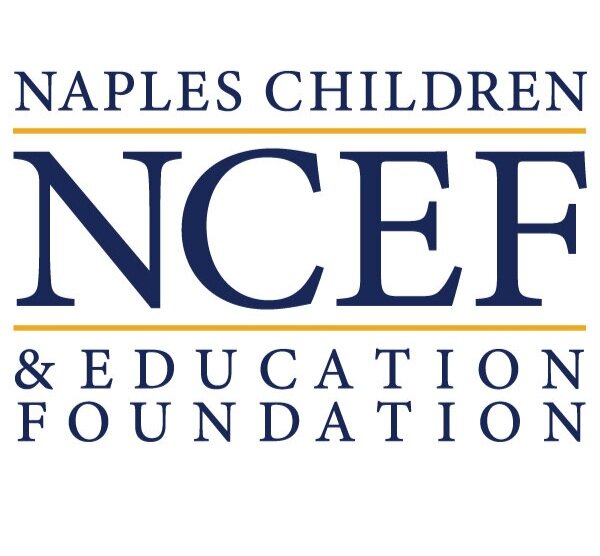Have FUN Playing Games and Strengthening Family Bonds at the Same Time!
/by Shaun Kastelic, Registered Play Therapist-Supervisor, Licensed Mental Health Counselor
-
There is nothing quite as fun as reaching a small goal in a game with your closest rivals, your family members, before they do.
“PASS GO and COLLECT $200!” “WHOO HOO!!!” you shout as your sibling’s face gets jealous for a second!
These times together as a family give much more than momentary doses of “feel-good.” Games can actually strengthen family bonds for the better.
Until the age of 11 or 12, children do not have the level of language acquisition that adults do. This means they rely on their interpretation of their caregivers’ facial expressions, body language, and vocal tones/inflections more than just words. But these are not the primary languages of children. Instead, their primary language is “play.”
As one of the quintessential authorities on child development, Dr. Gary Landreth said in his famous book Play Therapy, The Art of the Relationship, “Play is a child’s language, and toys are their words.”
Play is how a child interacts socially, builds relationships, and learns what works and doesn’t in the fine art of conversation and social interactions. It would make sense, then, for caregivers to play with their children.
There are different types of playing, of course. The best and most recommended is the kind where each person playing faces the other people who are the players to see them, their expressions, and “read” their actions & words accurately. This builds not only the child’s understanding of language development but also their self-esteem, social interactions and accuracy of understanding others, trust for each other, self-confidence, and ability to self-regulate their emotions. Most importantly, this play type builds healthy family bonds, or what therapists call attachment. Attachment needs to grow as the family grows and changes occur in the family unit.
Children get all of these benefits just from playing games with their caregivers as they face them. As the child learns to regulate their emotions, they improve on managing their anger outbursts, sadness isolation, times of frustration and confusion, and learn how to return more quickly to an emotionally positive and calm baseline.
Unfortunately, X-BOX, PS2, etc., do not fit into these categories. Yes, they are fun, but they only have some of the benefits as board games, card games, etc.
There are two basic kinds of games; competitive games and cooperative ones. Both can be fun, and both should be used when playing with family.
Here is a list of non-competitive games:
For Toddlers:
I SPY, DIG IN (not for children who still put things in their mouths) Language building.
Zingo (language and color matching)
Sneaky Snacky Squirrel Game (matching)
Scavenger Hunt (for toddlers and older kids)
Candyland (3 yrs and up)
Hedbanz (5yrs and up)
Guess Who?
Operation!
For 5yrs and up through Adults:
Don’t Make Me Laugh, by Zobmondo!!, (a cooperative board game)
Menara (cooperative board game)
Leo the Lion. (a teamwork memory game, cooperative and competitive).
Meeple Circus (both cooperative and competitive) Here is a list of competitive games:
Indigo (a strategy board game). (Ages 7+)
My Little Scythe (Ages 5+)
Potion Explosion (ages 7+)
Carcassonne (building landscapes for couples and families) ages 7+
Barenpark (Tetris-like game, for couples and families. Very strategic, ages 7 +) Let me sneak in some card games:
Taco Cat Goat Cheese Pizza (yes, it’s a real card game!)
UNO and UNO Flip
Phase 10
I would definitely encourage you to read all the information about the game you are interested in to choose which is best suited for your children before you buy it.
Each family usually has games they play at times. I am not eliminating your family-liked games, but rather just adding some new choices. The emphasis here is to play board games together!
Lastly, there is a specifically structured family-centered play style called Filial Therapy. It teaches parents how to allow their children to play at home therapeutically with their caregivers. If you are interested in learning this, please let us know!
Well, there you have it! We at Valerie’s House are here to support you and your children through your grief. Spending time together helps them connect with you, their caregiver, on many positive and trusting levels and helps them develop healthy attachments, self-regulate, and build self-confidence.
Happy Playing!
